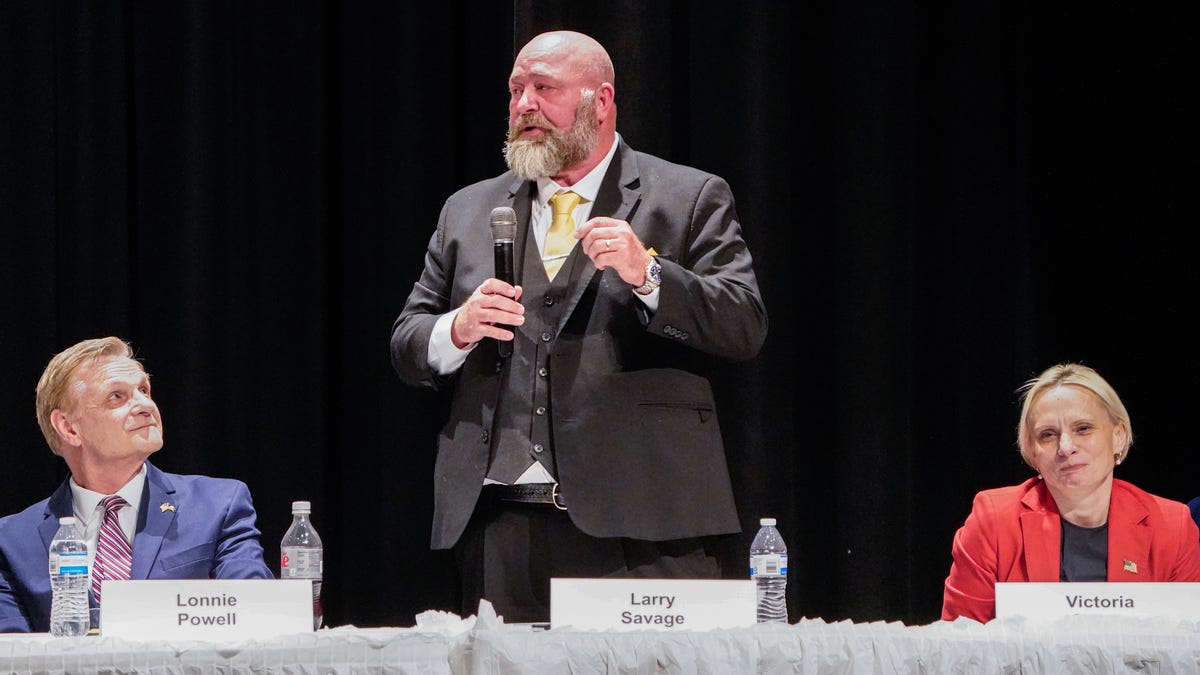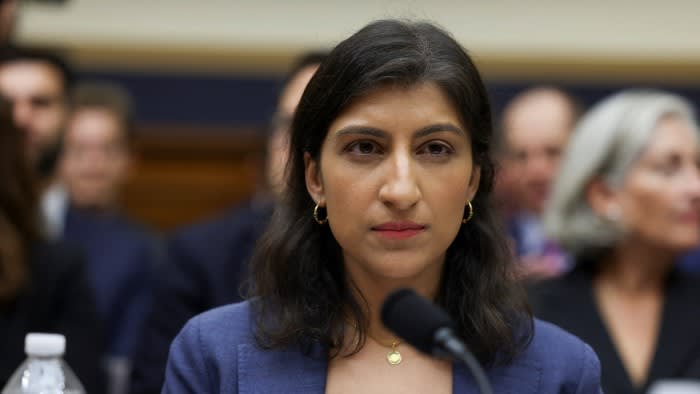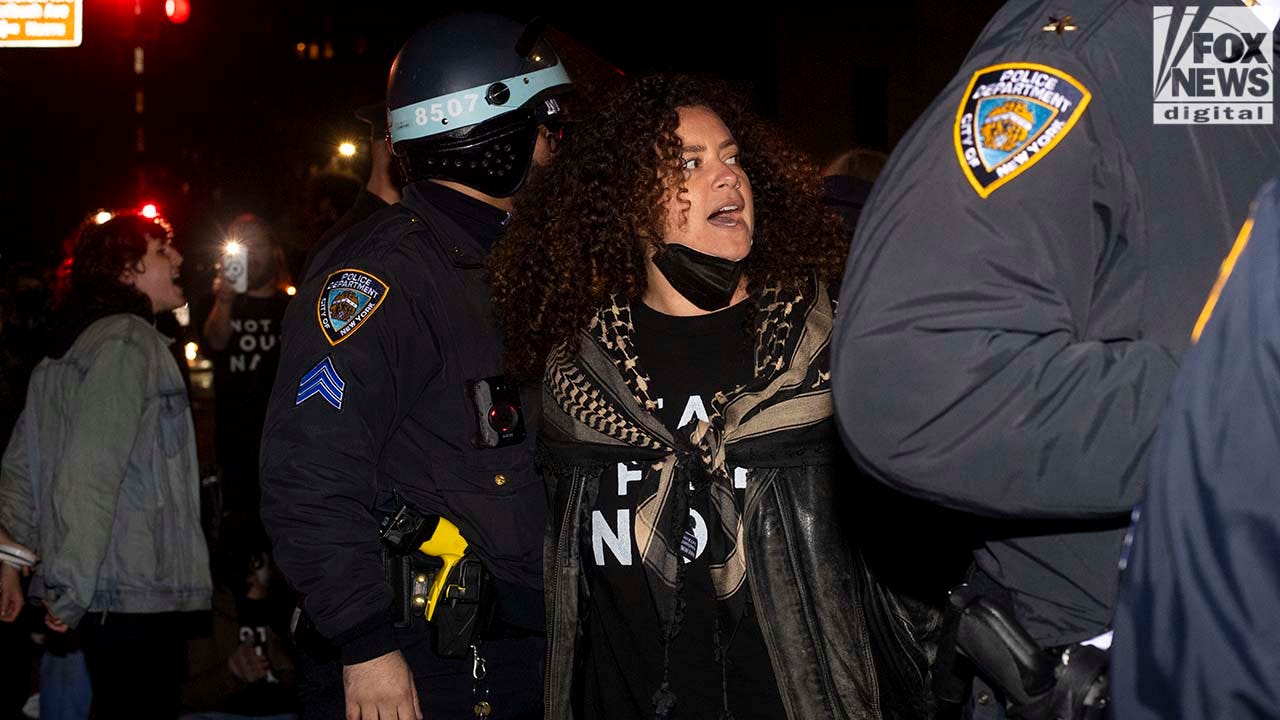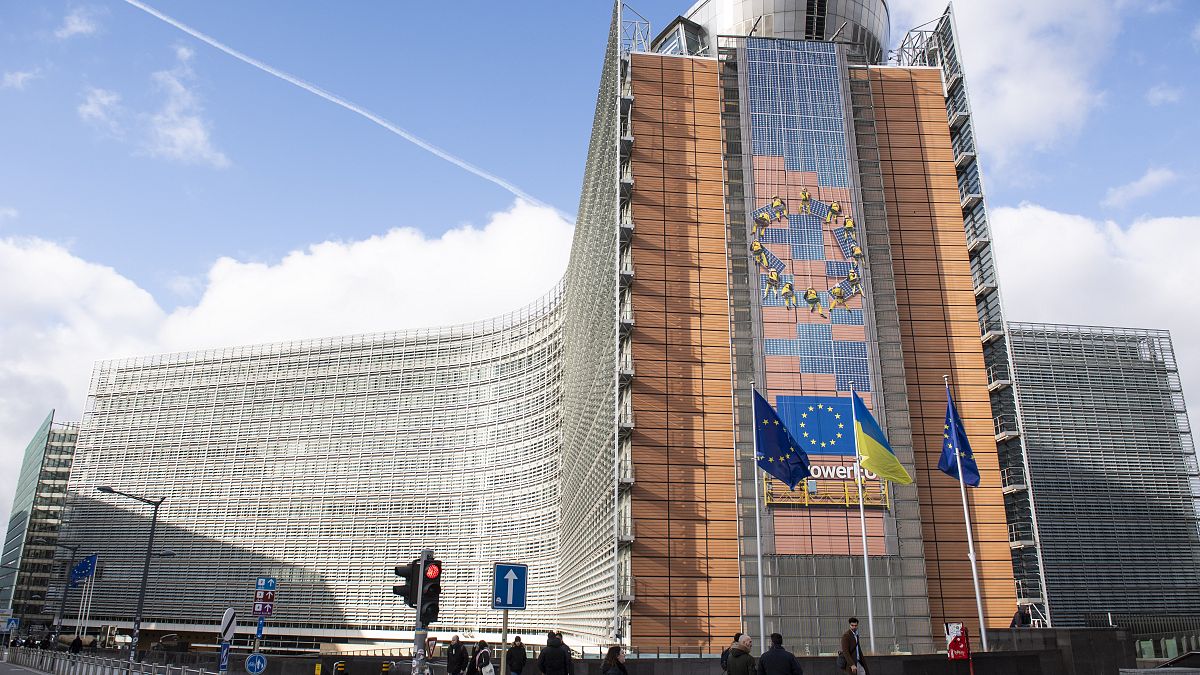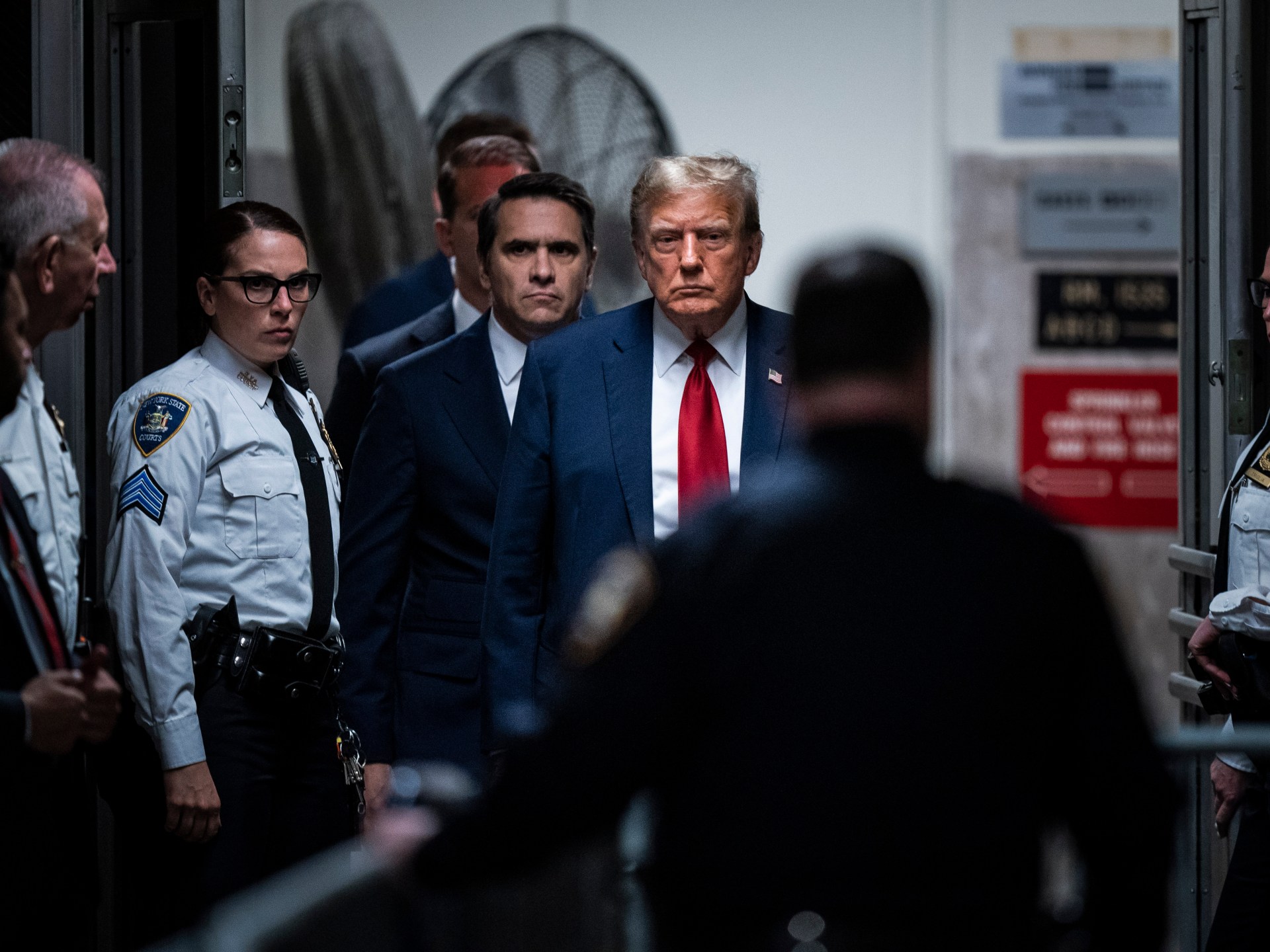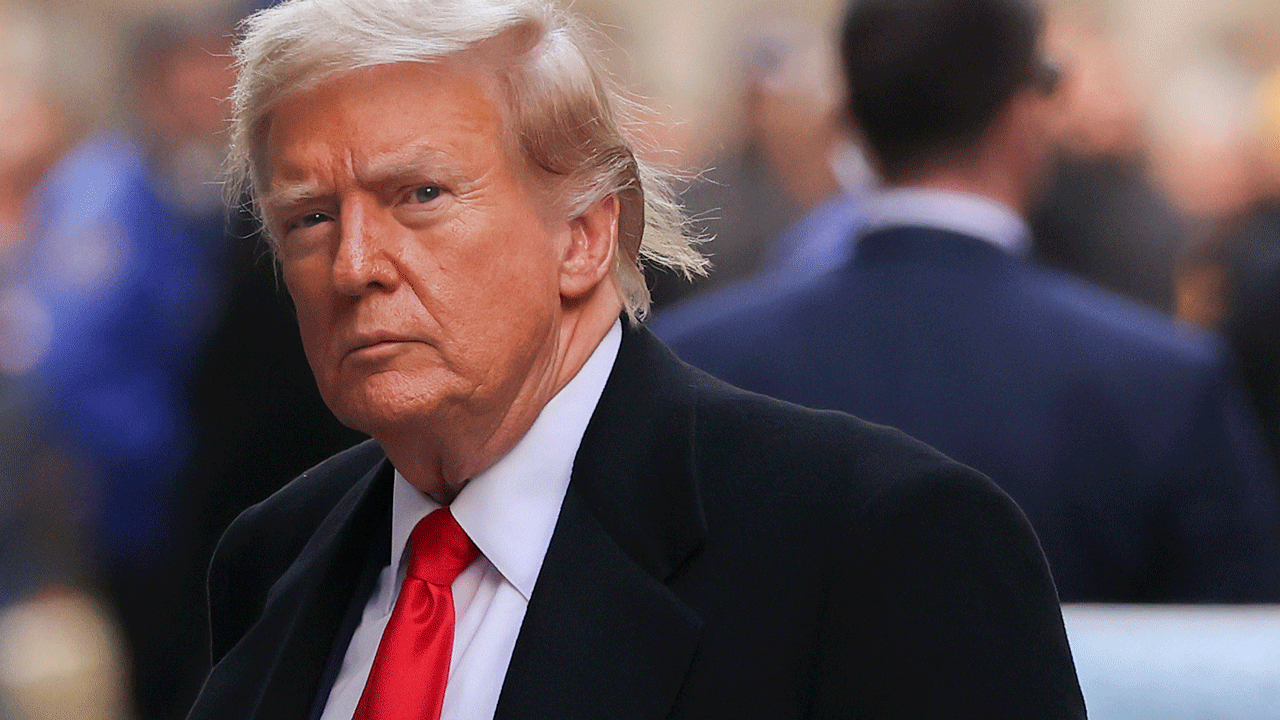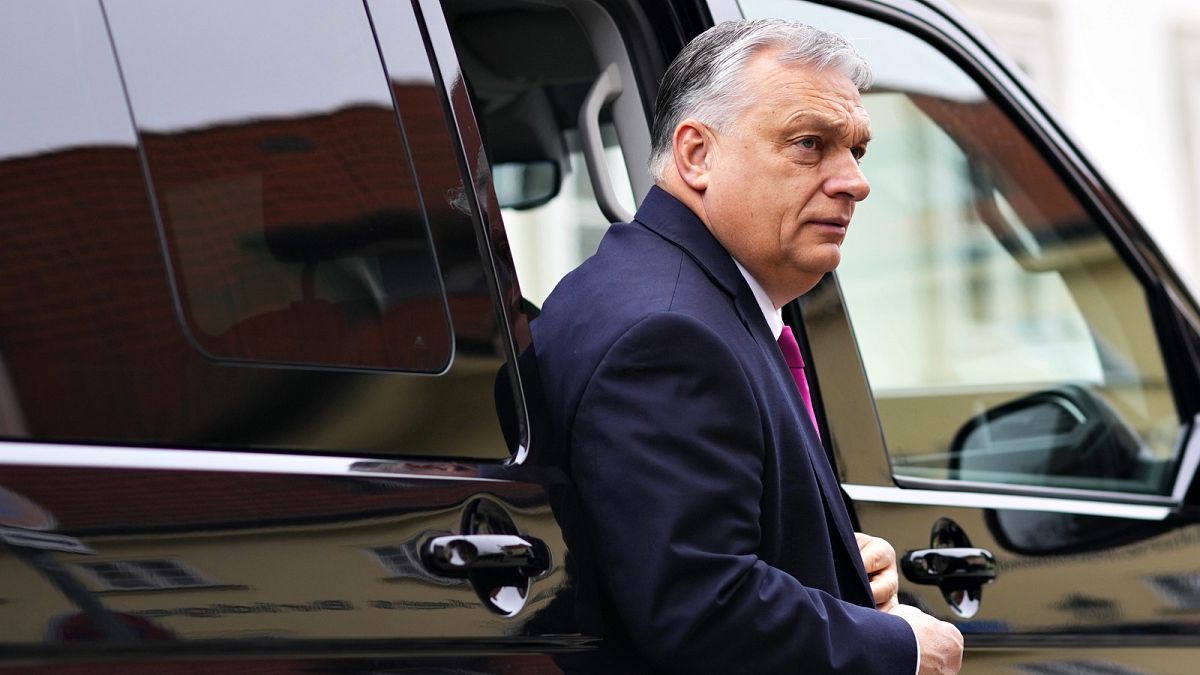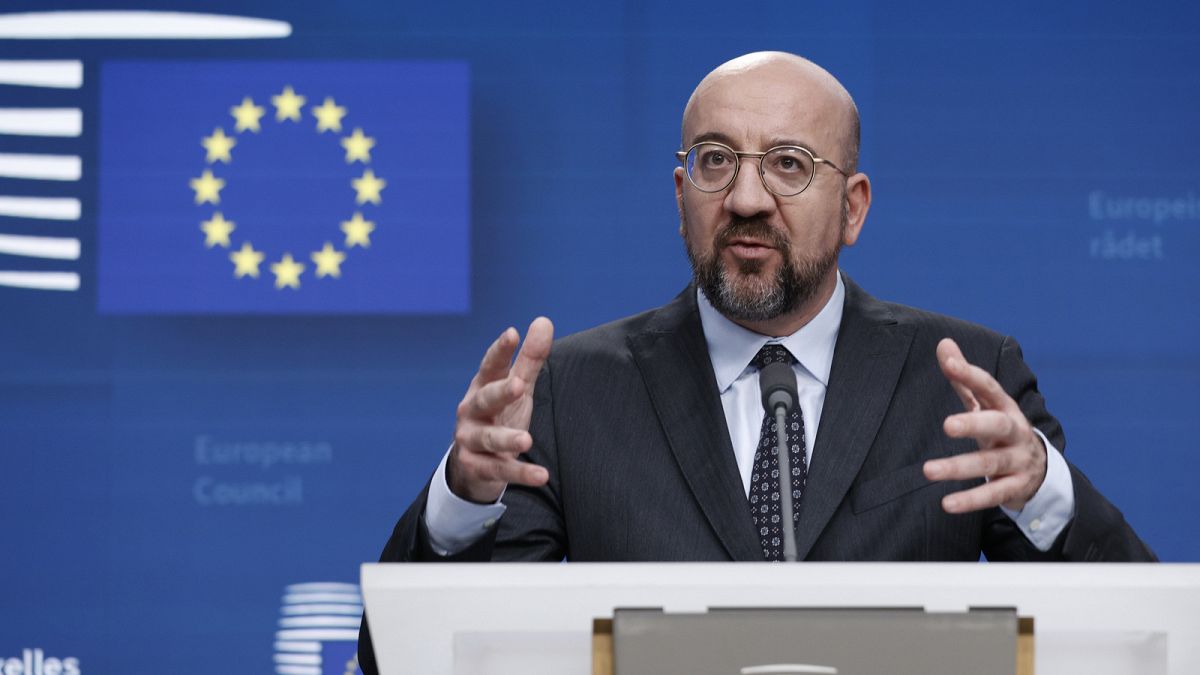The US Senate has approved a $95bn bill to deliver security aid to Ukraine, Israel and the Indo-Pacific region with overwhelming bipartisan support, in a boost to Joe Biden’s top foreign policy priorities.
The final passage of the legislation in Congress on Tuesday ended a political logjam that had lasted for months and paved the way for Washington to quickly dispatch new weapons to Ukraine as it battles Russia’s full-scale invasion. US officials said some aid for Kyiv would be forthcoming within days.
The bill will also bolster US military assistance for Israel — which has exchanged drone attacks and missile strikes with Iran over the past 10 days — and comes despite mounting tensions between the White House and Israeli leaders over the country’s war in Gaza against Hamas and the heavy Palestinian civilian casualties.
The approval represents a legislative victory for Biden as he faces an election match-up against Donald Trump in November and a defeat for foreign policy isolationists, particularly Republican lawmakers close to the former president, who had been holding up support for Kyiv for months.
The bill won support from 79 senators, with 18 voting against.
Biden immediately cheered the bill’s passage, saying he would sign it on Wednesday. Aid could start reaching Ukraine as early as this week. “Congress has passed my legislation to strengthen our national security and send a message to the world about the power of American leadership: we stand resolutely for democracy and freedom, and against tyranny and oppression.”
John Kirby, the White House National Security Council spokesperson, said: “Mr Putin thinks he can play for time, so we’ve got to try to make up some of that time.”
Ukraine’s President Volodymyr Zelenskyy also thanked the US Senate shortly after the vote, which he said “reinforces America’s role as a beacon of democracy and leader of the free world”.
Zelenskyy emphasised the importance of long-range capabilities, artillery and air defence systems. Dwindling stocks of anti-air missiles have in recent weeks allowed Russian forces to launch wide-ranging missile attacks targeting Ukraine’s energy infrastructures.
The highest hurdle for the bill was cleared on Saturday after Mike Johnson, the Republican Speaker of the House of Representatives, decided to bring Ukraine aid up for a vote despite months of internal divisions and opposition from some rank-and-file lawmakers such as Marjorie Taylor Greene of Georgia, who threatened to oust him from his role.
Supporters of the legislation from both parties and in the White House saw its passage as a bittersweet victory because of the time it took for it to pass Congress.
“So much of the hesitation and short-sightedness that has delayed this moment is premised on sheer fiction,” Mitch McConnell, the Republican Senate minority leader, said on Tuesday, blaming Tucker Carlson, the former Fox News host who recently interviewed Russian President Vladimir Putin in Moscow, for “demonising” Ukraine.
“Make no mistake: delay in providing Ukraine the weapons to defend itself has strained the prospects of defeating Russian aggression. Dithering and hesitation have compounded the challenges we face,” McConnell said.
Opponents of Ukraine aid continued to attack the legislation. JD Vance, the Ohio Republican senator close to Trump, likened the arguments in favour of the aid to those that led to the US invasion of Iraq in 2003. “It’s the same exact talking points 20 years later with different names,” Vance said.
Some leftwing lawmakers, meanwhile, criticised the bill for allowing Israel to keep receiving offensive weapons from the US. Bernie Sanders, the Vermont senator, pushed for an amendment to strip those measures from the legislation, but it was not considered.
Sanders joined two Democrats and 15 Republicans who opposed the package.
“I voted no tonight on the foreign aid package for one simple reason: US taxpayers should not be providing billions more to the extremist Netanyahu government to continue its devastating war against the Palestinian people,” he said.








